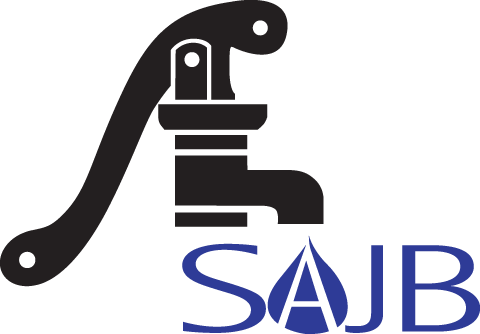No on HB 2186 and SB 5995
To Honorable Representatives Jeff Holy, Joel Kretz, Kevin Parker, Leonard Christian, Marcus Riccelli, Mike Shea, Shelly Short, Timm Ormsby and Senators Andy Billig, Brian Dansel, Mike Baumgartner, and Mike Padden;
As President of the Spokane Aquifer Joint Board (a public entity comprised of 21 water purveyors in the Spokane Area), I am adamantly opposed to House Bill 2186 and Senate Bill 5995. Spokane County and the State of Washington have spent tens of millions of dollars installing a public sewer system to replace private septic systems that were polluting the Spokane Valley Rathdrum Prairie Aquifer.
This aquifer was designated a “sole source” aquifer in 1978 by the United States Environmental Protection Agency. This groundwater source supplies drinking water to over 600,000 people. Nitrate levels measured in drinking water wells were skyrocketing in the late 1970’s. High levels of nitrates in drinking water threaten the health of newborn babies and pregnant women. After the installation of public sewers and removal of the private septic systems over the Spokane Valley Rathdrum Prairie Aquifer, the nitrate levels in these drinking water wells immediately dropped down to background levels; which range from non-detectable to three parts per million. This entire effort to replace the individual septic systems with a public sewer system was the direct result of allowing individual septic systems to be installed; because they were thought to be less expensive than installing a public sewer system as urban development occurred. The result was that the residents paid twice, once for a private septic system and again for a public sewer system. Don’t allow this mistake to be made again.
Further, in urban areas, increasing the number of septic systems is not going to facilitate the installation of a sewer system. There are financing alternatives available to construct public sewer systems such as: Local Improvement Districts, Utility Revenue Bonds, General Obligation Bonds, etc. that can be used to finance the installation of the public sewer system so that growth in urban areas can be accommodated without jeopardizing the ground water quality. Growth in urban areas requires urban services; which includes public sewers, not individual septic systems.
This legislation is bad for the environment and is definitely a threat to the health, safety and welfare of Washington State Residents.
Ty Wick, President
download a pdf SAJB response to HB 2186 and SB5995 1.16.14
